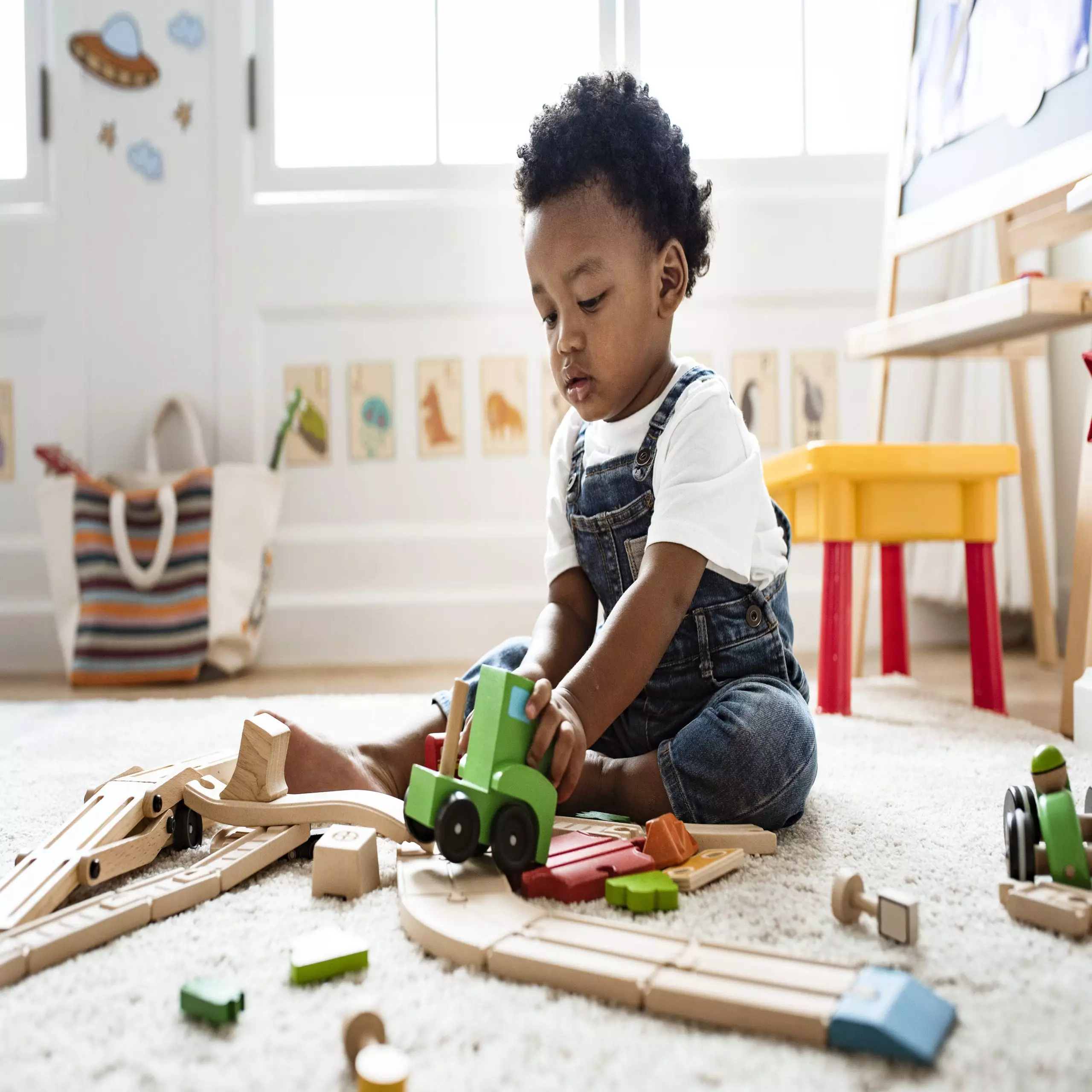Raising a toddler can be a whirlwind experience, filled with joy, challenges, and an ever-growing responsibility to foster their development. As research indicates, a staggering 85% of a child’s brain develops in just the first three years, making those early moments crucial for establishing a solid foundation for future learning and emotional well-being. While life can be hectic, parents need to engage actively with their toddlers to ensure that their growth is both physically and emotionally healthy. Here are some critical strategies that can make a significant impact.
One of the most effective ways to nurture your toddler’s linguistic development is through reading. Announce excitedly, “Let’s turn off the iPad and dive into a book together!” By engaging with your child in shared reading experiences, you not only foster early literacy skills but also bond with them in meaningful ways. Toddlers are keen observers, and interactive reading—where they can turn pages or point at illustrations—can boost their interest in books. Choose engaging tales with vibrant pictures that resonate with your child’s interests, whether it’s animals, vehicles, or fantastical adventures. Books that promote emotional intelligence and cultural awareness without any scary plots are ideal choices.
As toddlers transition from milk or formula to more varied diets, the challenge of providing necessary nutrients becomes prominent. A simple yet effective statement like, “Let’s have some milk instead of juice,” can encourage healthier choices. Milk is not only a reliable source of calcium and Vitamin D but also an excellent way to ensure that picky eaters get the nutrition they need. When exploring new foods, balance is key; parents should remain proactive by introducing a wide variety of healthy options while allowing their toddlers to explore their preferences.
Physical play is an essential part of toddler development. As you say, “Let’s go outside and practice riding your big kid bike!” remember that such activities help develop coordination and motor skills while burning off excess energy. Toddlers delight in movement, so consider alternatives like wagons, strollers, and various play sets that promote physical activity. This not only aids in developing their gross motor skills but also cultivates a sense of independence and confidence in their physical abilities.
Feeding toddlers can be a complex dance, as their tastes can shift unexpectedly. Instead of presenting healthy options as a demand, try a light-hearted approach like, “Let’s try a tiny taste of that broccoli, one more time.” Studies suggest that children may need multiple exposures to a new food—often up to fifteen times—before they learn to accept it. Instead of pressure, create a playful mealtime environment where trying new foods isn’t viewed as a chore but as a fun adventure. Introducing dips or creating shapes with food may also entice them.
Engage your child’s curiosity with statements like, “Let’s figure out this puzzle together.” Play is more than just fun; it’s an important avenue for skill development. Toys that challenge toddlers’ problem-solving abilities—like puzzles, building blocks, and shape sorters—encourage creative and logical thinking. Not all toys need to have specific purposes either; open-ended toys allow children to use their imaginations, enhancing not only cognitive skills but also fine motor skills.
Nature is a powerful ally in child development. By inviting them outdoors with something as simple as, “Let’s go outside and work in our garden,” you expose your toddler to a world of learning opportunities. Outdoor activities foster physical health, creativity, and even attention span. Simple tools such as child-sized rakes or watering cans can pique their curiosity and make them feel involved. Encourage exploration—catching bugs or playing in a sandbox—and watch as their connection to nature develops.
As birthdays and holidays approach, consider steering the conversation toward experiences rather than physical gifts. Say, “Let’s ask Grandma for tickets to the zoo for your birthday.” Studies indicate that experiences create lasting happiness more than material possessions do. Take your toddler on adventures that are rich in learning and exploration—whether it’s visiting a zoo, a farm, or even a local community event. Capturing these moments on camera can enrich their memory tapestry and provide joy long after the event is over.
Nurturing toddlers is a multifaceted process that requires dedication and innovative approaches. By engaging in meaningful conversations and interactive experiences that foster emotional and physical growth, parents can set their children on a path toward a fulfilled and enriched life. Remember, every moment counts, and the early years are pivotal for building the skills and relationships they need to thrive.

